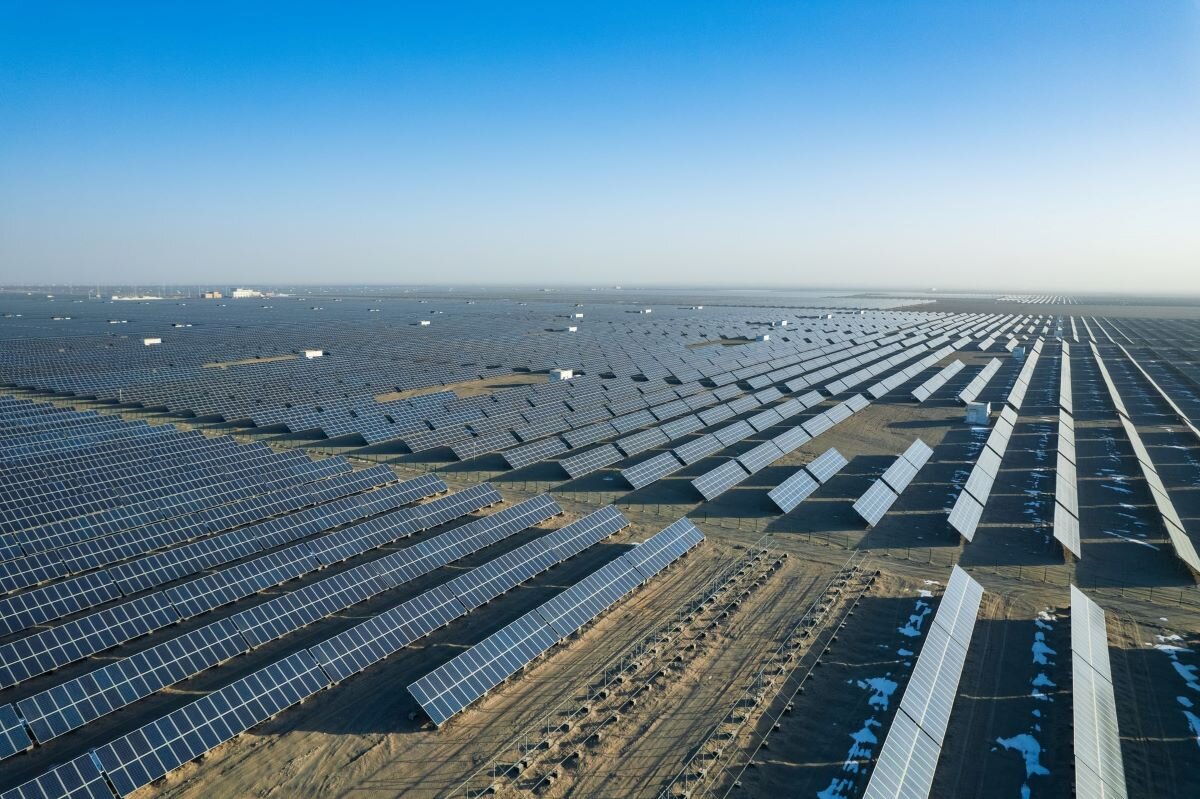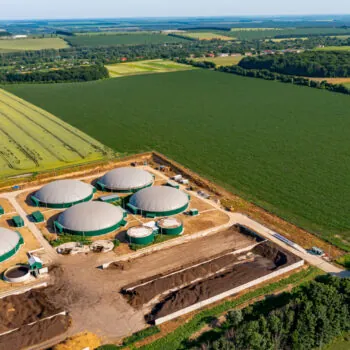With coal and gas prices at a record high on the eve of the Energy Ministers’ meeting in Berlin (26 May), we want to take a look at the opportunities and challenges for Japan and ROK to join the US and EU, with a commitment to stable, affordable, clean energy by 2035.
Listen to the Twitter Space here.
The global electricity transition is ramping up. Many G20 countries have significantly ramped up domestic action in the last year, and the G7 has positioned itself to achieve a largely decarbonised energy system in the 2030s.
Germany has brought forward its plan to phase out coal from 2038 to 2030. The UK and US have set a goal of Net Zero energy by 2035, and France has vowed to become “the first major nation to abandon gas, oil and coal. Additionally, Italy has just doubled its Solar capacity goal by 2030 and Canada has pledged to reduce emissions from oil and gas by 42% by 2030.
Working closely with the G7, Japan has already committed to cut reliance on Russian coal and oil, but is yet to significantly increase its renewable energy ambitions over the last year. Similarly, South Korea’s new president has signalled his interest in a broad shift away from coal, but is yet to announce his plans to shift the country away from coal over the next decade.
Through the REPowerEU plan announced last week, EU leaders signalled their ambition to realise an 80% clean electricity system by 2030, aligning the bloc with the US and now, Australia’s new government.
In the wake of Biden’s visit to Asia, this Media brief is aimed to better understand the challenges and opportunities of achieving 100% clean energy systems in both Japan and Korea by 2035, and how the upcoming G7 meeting could act as a catalyst for transition in the region.
📺 This week, speakers @sunvivlee @forourclimate, @evan_gach @kikonetwork, @Chris_climate_ & @aspatuleia @e3g discussed the opportunities and obstacles for 🇯🇵 Japan and 🇰🇷 South Korea to secure #CleanEnergy by 2035.
— E3G – Third Generation Environmentalism (@e3g) May 27, 2022
Catch up on the #TwitterSpace today 👇https://t.co/SlCq9vGaMo



